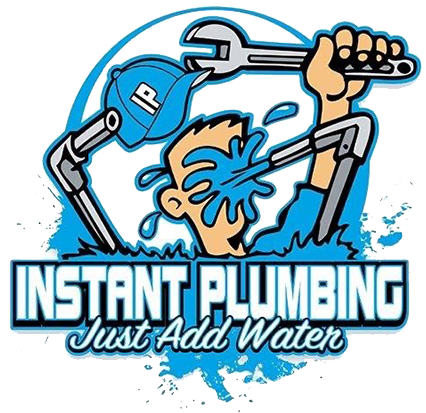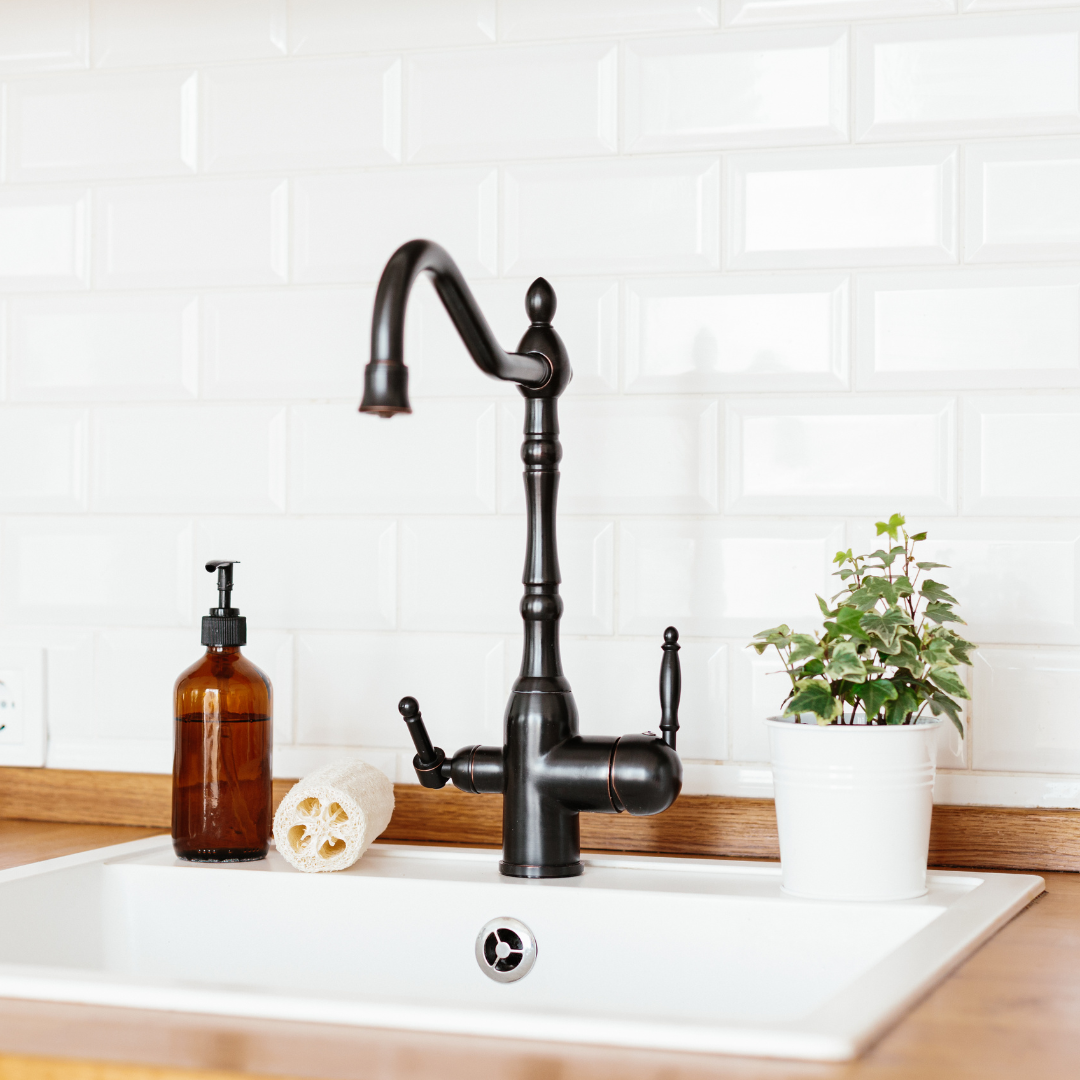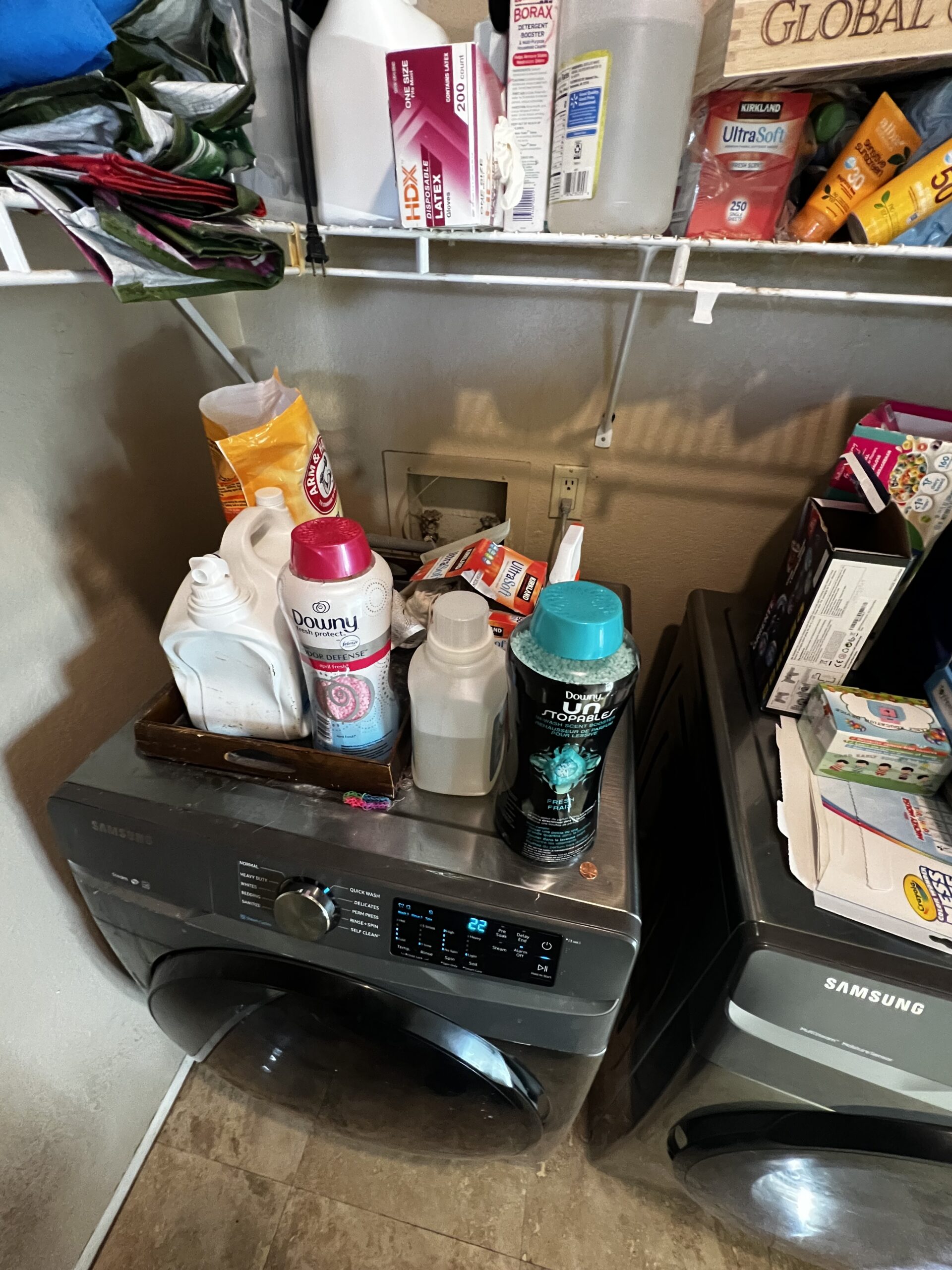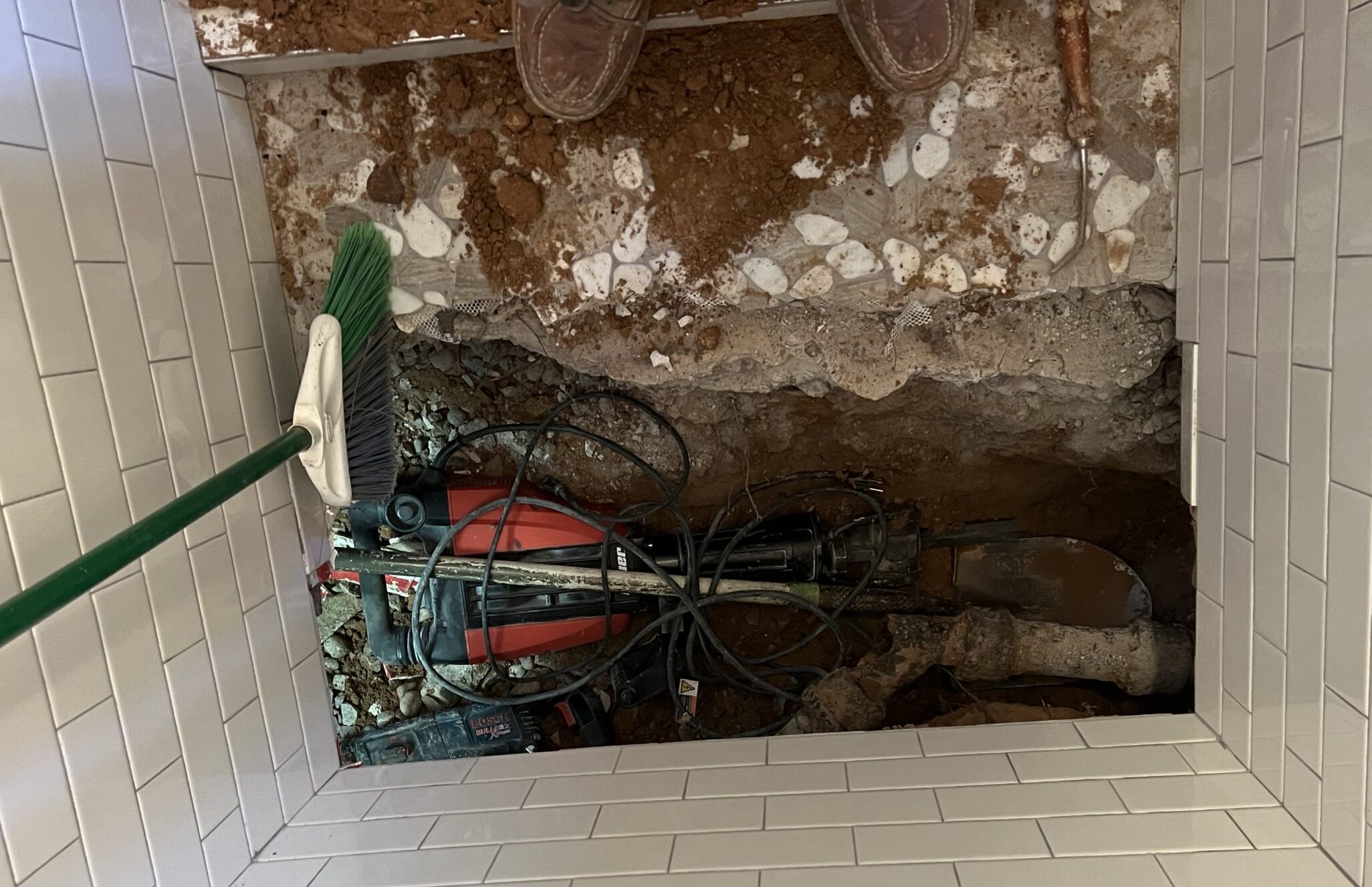Hard water can be treated effectively with a water softener. With these filtering systems, calcium and magnesium that build up in your plumbing, are removed. If you are interested in learning more about water softeners, you can decide if having one in your home is the right option for you. They connect to your water supply and can improve your water quality throughout your home.
Problems With Hard Water?
The term “hard water” describes drinking water that has absorbed large quantities of certain minerals from the ground. The hardest water occurs in mountainous or rocky areas of the country, which are rich in limestone, gypsum, and chalk. Water filters down through the rock layer, where it takes on more magnesium and calcium. It is even possible for hard water to contain dangerous levels of sulfur, which is often detectable by an unpleasant smell and discoloration.
Lakes and streams are naturally softer than groundwater in terms of hardness. A water softener system can be used to artificially soften water. Drinking hard water is usually not harmful to your health. Humans need these minerals in their diet on a daily basis. You may experience some itchiness or discomfort after showering or washing your hands if your water is exceptionally high in these minerals.
When minerals build up in appliances, fixtures and pipes, hard water becomes a problem. Water spots on your dishes, discolored clothing and discolored or damaged clothes can be signs of hard water. Mineral scale can reduce the lifespan of faucets, toilets, washing machines, and water heaters. Creating a lather with hard water can also be challenging, so bathing and cleaning become more difficult.
Different Types Of Softeners Available
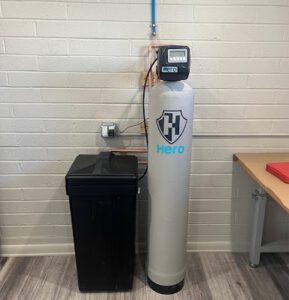 Ion exchange systems are the go-to water softeners for residential properties. This system swaps out the magnesium and calcium ions for sodium or potassium ones. You have probably seen the big tank that needs to be routinely refilled with salt or potassium pellets. Salt-free systems take a different approach, relying on a mechanical filter to remove calcium but not magnesium. Unfortunately, if the water is very hard, this method will not be effective.
Ion exchange systems are the go-to water softeners for residential properties. This system swaps out the magnesium and calcium ions for sodium or potassium ones. You have probably seen the big tank that needs to be routinely refilled with salt or potassium pellets. Salt-free systems take a different approach, relying on a mechanical filter to remove calcium but not magnesium. Unfortunately, if the water is very hard, this method will not be effective.
Reverse osmosis water softeners are known to be extremely effective in removing nearly all impurities from your water. Despite their power, they are costly and consume large amounts of water when running, as well as strip out needed minerals. These softeners tend to be more common in industrial or commercial buildings than individual homes.
Process Of Exchanging IONS
If you decide to install a water softening system using the ion exchange method, you will have a control valve and either one or two tanks. The mineral tank holds resin beads that attract and remove minerals from the water, purifying it. When these beads become saturated, they are cleaned in the brine tank. If you have limited space available, you may wish to invest in a smaller model which has both tanks fused into one cabinet.
A solution of potassium or salt is stored in a plastic brine tank. The resin beads are dipped in the brine to restore their negative charge and release the minerals they have captured. The brine tank is the part of the water softener that needs to be regularly replenished with pellets. If you are concerned about your health, these tanks can contain potassium instead of salt.
Older systems use timers to determine when to rinse the beads of minerals, while newer models have digital meters that monitor total water usage.
Pros And Cons Of Water Softeners
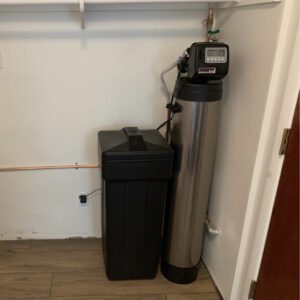

Some families find softened water unpleasant due to its slimy or slippery texture on their skin. Water softeners also need regular maintenance and service to keep them running efficiently. Salt or potassium pellets would need to be replenished every 2-3 months, depending on water usage in your home.
Considerations For Water Softeners
If your water hardness is more than seven grains per gallon, you should install a water softener. Experts recommend installing one if your water is too hard. In order to determine your water hardness, you can have Instant Plumbing and Rooter come out to test the hardness in the water at your home or purchase a water test kit from a local big box store.
It is well known that Phoenix and the surrounding cities have hard water. Even after the local water utility center treats the water, too much magnesium and calcium will still make their way to your home. Hard water can stain your fixtures and increase your chances of clogs and plumbing problems. Your appliances, such as your dishwasher, refrigerator and washing machine, may also need to be replaced prematurely if the calcium buildup continues to collect in them.
Frequently Asked Questions
Q: How do I know if I need a water softener in my home?
A: If you’re noticing signs of hard water like mineral buildup on fixtures, water spots on dishes or your skin feels dry after showering, it might be time to consider a water softener. Testing your water hardness can give you a clear indication. In areas like Phoenix, where hard water is common, a water softener can be a valuable addition to protect your plumbing and appliances.
Q: What are the main differences between salt-based and salt-free water softeners?
A: Salt-based softeners use ion exchange to replace minerals like calcium and magnesium with sodium or potassium, effectively softening the water. Salt-free systems, on the other hand, use a mechanical filter to remove calcium but not magnesium and are generally less effective in very hard water areas.
Q: Will a water softener affect the taste of my drinking water?
A: Some people may notice a slight difference in the taste of softened water, especially with salt-based systems. However, this is usually not significant, and many find no noticeable change in taste. If taste is a concern, consider installing a separate drinking water filtration system.
Q: How often will I need to maintain my water softener?
A: Maintenance frequency depends on the type of softener and your water usage. For salt-based systems, you’ll typically need to replenish the salt or potassium pellets every 2-3 months. It’s also a good idea to schedule regular check-ups with a professional like Instant Plumbing and Rooter to ensure your system is functioning optimally.
Q: Can a water softener help extend the life of my appliances? A: Absolutely! By removing mineral buildup, a water softener can significantly extend the lifespan of appliances like dishwashers, washing machines, and water heaters. This can save you money in the long run by reducing the need for repairs and replacements.
